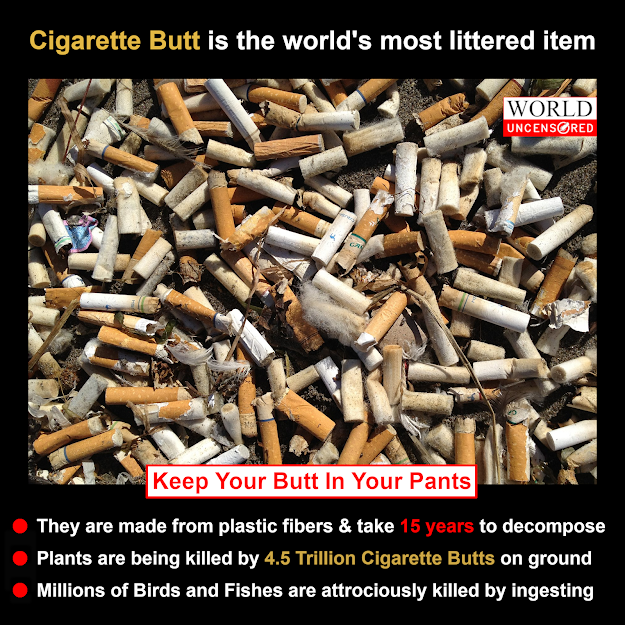Impact of COVID-19 on Women Employment
The impact of COVID-19 across the global economy is profound. Already,
hundreds of millions of people all over the world are facing
unemployment. Emerging evidence on the impact of COVID-19 suggests that
women’s economic and productive lives will be affected
disproportionately and differently from men.
It
is expected that, women are likely to be more vulnerable to losing
their jobs compared to men during pandemic. Matthias Doepke, professor
of economics at Northwestern University, comparing the past recessions
worldwide says: "This time is different; the highest employment losses
are things like restaurants and hospitality, hotels, and those are
sectors with high female employment."
A
research note from Citibank estimates that there are 220 million women
employed in sectors that are potentially vulnerable to job cuts: of the
44 million workers in vulnerable sectors globally, 31 million women face
potential job cuts, compared to 13 million men. Researchers fright that
women could be shut out of employment rate.
Since the pandemic hit, claims for unemployment benefits have soared in
some countries; notably the US – and by far less in others, for
example, Japan and almost none in most Asian countries.
According to International Labors Organization (ILO), a large proportion, or 40% of all employed women, work in sectors such as food, hospitality, retail, and real estate. These have been severely hit by the crisis. The number of women (42%) working informally in these sectors is also larger than men (32%) which means that not only are women more vulnerable to losing jobs because of being employed in these hard-hit sectors, but their informal status is more likely to result in them being laid off as compared to men.
In addition, approximately 70% of workers in the health and social work sector are women. However, they tend to be engaged in positions that require low skills and offer less pay, increasing their chances of being laid off, the report stated.
Family Duties and Childcare being a single parent:
The situation for single parents, 78% of whom around the world are women, has only become worse.
Evidence from the 2008 financial crisis suggests that, in many
countries, children in single-parent families were hit much harder by
the recession than children in two parent families, not only in terms of
income, but also in terms of access to essential material goods and
activities such as adequate nutrition and an adequately warm home.
Access to sexual and reproductive health services is currently compromised, particularly for young migrant women, and this will continue to be an exponential rise in gender-based violence cases during and after the crisis.
Women also often hold less wealth than men, for a variety of reasons
,because women tend to hold greater care and domestic responsibilities
than men, it is often more difficult for women to find alternative
employment and income streams (such as piecemeal work) following
lay-off.
"Last month's shattering job losses make clear that women are in the bullseye of this pandemic," Emily Martin, VP for education and workplace justice at NWLC, said in a statement. "In leisure, hospitality, education, health care and retail — the sectors that are getting hit the hardest — women are the ones who are falling victim to the first massive waves of this economic crisis."
Governments must ensure that all policy and structural adjustments aimed at recovery go through robust gender and intersectional analysis, so that differential effects on women and men can be assessed – and planned for.





Comments
Post a Comment